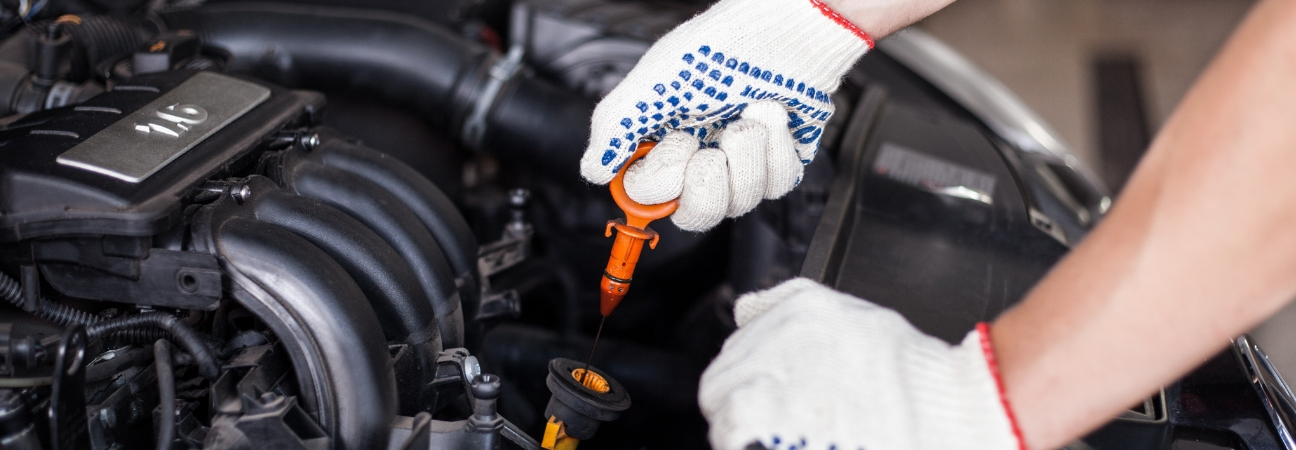All Categories
Featured
Unforeseen car repairs can interrupt your finances, making vehicle repair work insurance an appealing option for many motorists. Whether you're a new vehicle proprietor or handling an older lorry, comprehending the details of automobile fixing insurance coverage and coverage is important for making educated decisions.
What Is Automotive Repair Work Insurance?
Automotive repair work insurance, typically called mechanical malfunction insurance coverage (MBI), is a policy made to cover the expenses of changing or repairing lorry parts after a failure. Unlike conventional auto insurance policy, which deals with accident-related damages, repair work insurance concentrates on mechanical problems unconnected to crashes.
What Does It Cover?
The specific coverage varies depending on the insurance company and the strategy you pick. Commonly, repair insurance covers:
Engine Fixes: Including elements like the timing belt, pistons, and cyndrical tube heads.
Transmission Fixes: Covering the transmission and relevant components.
Electrical System: Attending to issues with alternators, beginners, and onboard computer systems.
Air Conditioning and Heating Solutions: Such as radiators, thermostats, and cooling systems.
![]()
Guiding and Suspension: Consisting of shocks, struts, and power steering systems.
However, policies commonly omit regular upkeep, wear-and-tear things like brake pads or tires, and aesthetic problems.
![]()
That Demands Automotive Repair Service Insurance Policy?
While repair work insurance coverage isn't compulsory, it can be useful for:
Owners of Older Automobiles: If your car is out of guarantee, repair work insurance policy can give satisfaction against expensive failures.
Constant Commuters: High-mileage chauffeurs are more most likely to experience mechanical problems, making coverage a beneficial investment.
Chauffeurs of Expensive Models: Deluxe or specialized cars usually have higher repair prices, which can be alleviated by insurance coverage.
Trick Benefits
Financial Security: Helps avoid huge, unexpected repair work expenses.
Flexibility: Plans can be customized to cover certain parts or systems.
Tranquility of Mind: Reduces stress about prospective malfunctions.
Considerations Before Purchasing
Prior to dedicating to an auto repair insurance plan, think about these aspects:
Policy Conditions: Testimonial what is and isn't covered to stay clear of surprises during an insurance claim.
Deductibles: Recognize the out-of-pocket prices you'll need to pay prior to protection begins.
![]()
Service Center Options: Some insurance companies require you to use details repair work facilities, which might be inconvenient.
Costs Costs: Weigh the annual price of the plan versus the probability of needing major repair work.
Existing Service Warranty: Inspect if your automobile's maker or supplier guarantee currently offers sufficient insurance coverage.
Last Thoughts
Automotive repair work insurance coverage can be an important guard, specifically for vehicle drivers worried regarding the high prices of unforeseen repair services. By carefully assessing policy choices and aligning them with your driving habits and car demands, you can make a decision if this protection is right for you. For included security, always preserve regular lorry maintenance to minimize failure risks and maximize your insurance coverage benefits.
What Is Automotive Repair Work Insurance?
Automotive repair work insurance, typically called mechanical malfunction insurance coverage (MBI), is a policy made to cover the expenses of changing or repairing lorry parts after a failure. Unlike conventional auto insurance policy, which deals with accident-related damages, repair work insurance concentrates on mechanical problems unconnected to crashes.
What Does It Cover?
The specific coverage varies depending on the insurance company and the strategy you pick. Commonly, repair insurance covers:
Engine Fixes: Including elements like the timing belt, pistons, and cyndrical tube heads.
Transmission Fixes: Covering the transmission and relevant components.
Electrical System: Attending to issues with alternators, beginners, and onboard computer systems.
Air Conditioning and Heating Solutions: Such as radiators, thermostats, and cooling systems.

Guiding and Suspension: Consisting of shocks, struts, and power steering systems.
However, policies commonly omit regular upkeep, wear-and-tear things like brake pads or tires, and aesthetic problems.

That Demands Automotive Repair Service Insurance Policy?
While repair work insurance coverage isn't compulsory, it can be useful for:
Owners of Older Automobiles: If your car is out of guarantee, repair work insurance policy can give satisfaction against expensive failures.
Constant Commuters: High-mileage chauffeurs are more most likely to experience mechanical problems, making coverage a beneficial investment.
Chauffeurs of Expensive Models: Deluxe or specialized cars usually have higher repair prices, which can be alleviated by insurance coverage.
Trick Benefits
Financial Security: Helps avoid huge, unexpected repair work expenses.
Flexibility: Plans can be customized to cover certain parts or systems.
Tranquility of Mind: Reduces stress about prospective malfunctions.
Considerations Before Purchasing
Prior to dedicating to an auto repair insurance plan, think about these aspects:
Policy Conditions: Testimonial what is and isn't covered to stay clear of surprises during an insurance claim.
Deductibles: Recognize the out-of-pocket prices you'll need to pay prior to protection begins.

Service Center Options: Some insurance companies require you to use details repair work facilities, which might be inconvenient.
Costs Costs: Weigh the annual price of the plan versus the probability of needing major repair work.
Existing Service Warranty: Inspect if your automobile's maker or supplier guarantee currently offers sufficient insurance coverage.
Last Thoughts
Automotive repair work insurance coverage can be an important guard, specifically for vehicle drivers worried regarding the high prices of unforeseen repair services. By carefully assessing policy choices and aligning them with your driving habits and car demands, you can make a decision if this protection is right for you. For included security, always preserve regular lorry maintenance to minimize failure risks and maximize your insurance coverage benefits.
Latest Posts
Montclare Auto Repair: Your Local Specialist for Professional Engine & Brake Work
Published Apr 19, 25
2 min read
Unlock Greater Profits with WyHy Money Market Accounts
Published Apr 19, 25
1 min read
Specials & Discounts: Enjoy Deals on Car Repairs at Montclare Auto Repair
Published Apr 19, 25
2 min read
More
Latest Posts
Montclare Auto Repair: Your Local Specialist for Professional Engine & Brake Work
Published Apr 19, 25
2 min read
Unlock Greater Profits with WyHy Money Market Accounts
Published Apr 19, 25
1 min read
Specials & Discounts: Enjoy Deals on Car Repairs at Montclare Auto Repair
Published Apr 19, 25
2 min read